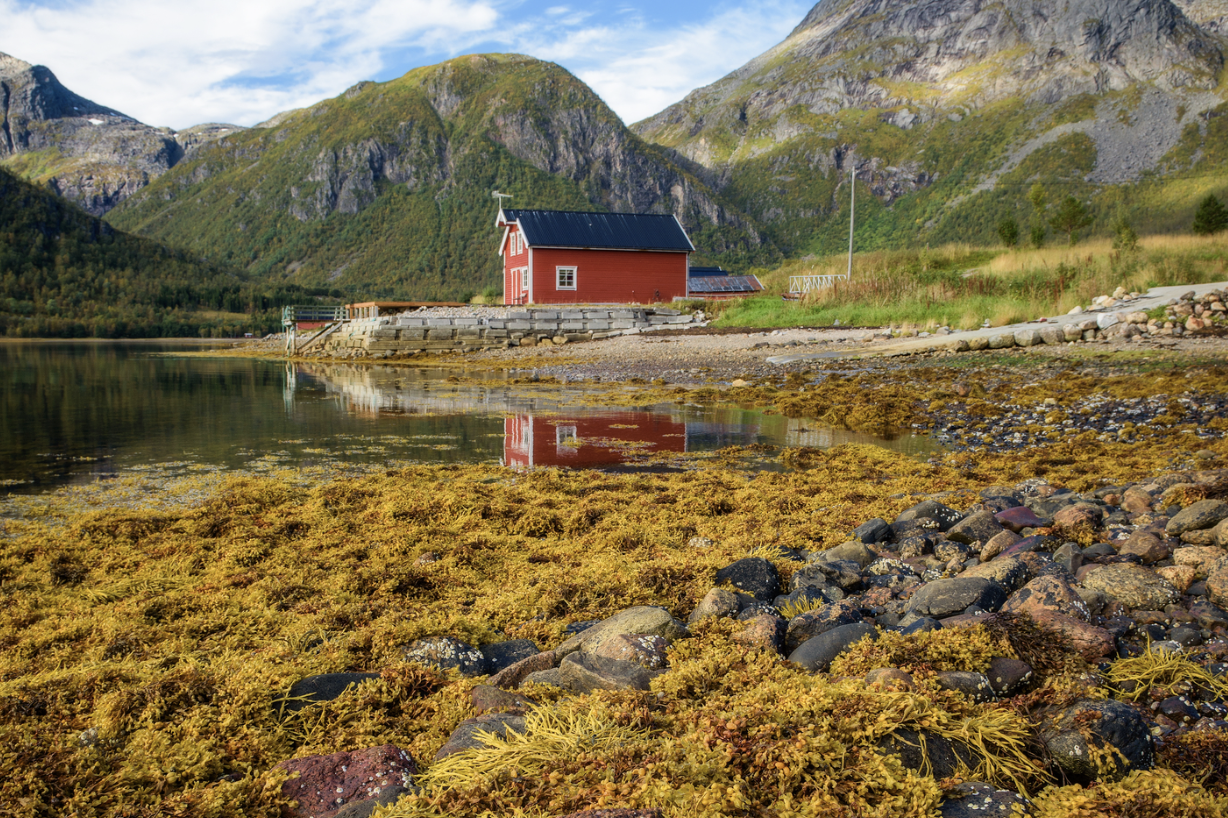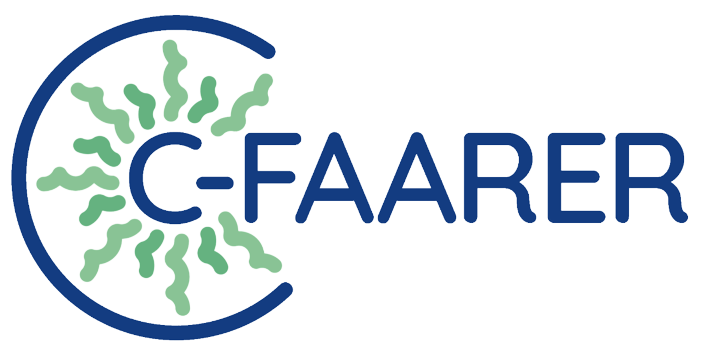Work Packages
Through six Work Packages, C-FAARER was working to support marine innovators, entrepreneurs, and other pioneers in the Atlantic and Arctic Sea basin in transitioning towards the use of community-driven sustainable business models for regenerative ocean farming.
-

Work Package 1
Regenerative Ocean Farming Framework and Operational Requirements
In WP1, the project establishes the concept, vision, and market opportunities for regenerative ocean farming. It involves identifying principles, assessing operational conditions, and conducting a value chain analysis. The outputs contribute to a conceptual framework for regenerative ocean farming.
-

Work Package 2
Feasibility and Innovation Assessments
In WP2, feasibility assessments and innovation assessments are conducted to evaluate the technical, environmental, business, and site-specific conditions of regenerative aquaculture practices. The assessments involve reviewing existing data, conducting surveys, and engaging with stakeholders in the Norwegian Seaweed Association (NSA) cluster. The goal is to understand the landscape, potential environmental impact, and business feasibility of community-driven regenerative ocean farming.
-

Work Package 3
Community Partnerships and Business Model Innovation
In WP3, stakeholder mapping and engagement are conducted to foster regenerative aquaculture partnerships. Business models and community-driven approaches are developed, and a knowledge-sharing community is established on the Connecting Nature Enterprise Platform (CNEP). The goal of WP3 is to support the growth and adoption of regenerative aquaculture practices.
-

Work Package 4
Valorisation of regenerative aquaculture products
WP4 involves assessing the feasibility and innovation potential of regenerative ocean farming practices and processing methods for macroalgae-derived products. It includes tasks such as market potential assessment, innovation assessment for processing, value chain partnerships, and identifying opportunities for new processing technologies. The results will inform decision-making and support the development of community-driven business models.
-

Work Package 5
Coordination, Communication, Exploitation and Dissemination
WP5 focuses on dissemination, communication, blue economy development, skills building, and future pathways. Tasks include developing a dissemination plan, fostering cross-site learning, providing guidance and educational materials, managing communications, and mapping future priorities. WP5 ensures effective knowledge sharing, stakeholder engagement, capacity building, and long-term planning for the project.
-

Work Package 6
Project Management
WP6 handles administrative and financial management, internal project communications, data management, project management and risk monitoring, and ethics and gender management. It ensures compliance, facilitates communication, manages data, monitors progress and risks, and promotes ethical conduct and gender sensitivity in the project.

